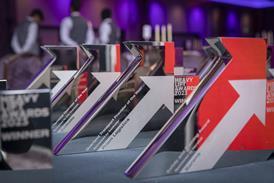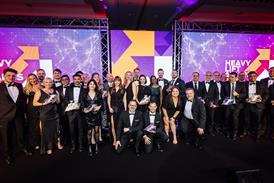September 17 - The International Chamber of Shipping (ICS) has continued to voice concerns over the impending IMO Ballast Water Convention (BWM).
ICS vice chairman, Esben Poulsson, used the Ballast Water Management Summit in Singapore to encourage IMO Member States to make use of the solutions proposed in an industry submission to the Marine Environment Protection Committee (MEPC), which next meets from 13-17 October.
He highlighted issues surrounding the lack of robustness of the current IMO type-approval process for expensive new treatment equipment; the criteria to be used for sampling ballast water during port state control inspections; and the need for fair regulation of type-approved treatment equipment already fitted aboard vessels.
He observes that governments have appeared reluctant to act collectively in a decisive manner on the issues, which is causing a great deal of uncertainty for the shipping industry.
"When the BWM Convention eventually enters into force, the shipping industry will be required to invest billions of dollars to ensure compliance" said Poulsson. "However, because of the unanswered questions about the Convention's detailed implementation, much of the industry - and society at large - continues to lack confidence that the new treatment equipment will actually work, or that it will be found to comply with the standards that governments have set for killing unwanted marine micro-organisms."
A key concern is that port state sanctions could unfairly impact shipowners that have fitted type-approved equipment in advance of the BWM Convention coming into effect, only to be told it falls short of the required standard.
However, he feels that legal changes needed to make the BWM Convention fit for purpose are relatively straightforward and could be agreed in principle by government relatively quickly. In conjunction with a coalition of other industry associations, ICS has made a detailed submission to the next MEPC meeting in October, reiterating the industry's concerns and the proposed way forward.
"There is now a huge amount of lobbying taking place between industry associations and governments, but it remains to be seen if the industry will be successful in making governments see common sense," Poulsson explained.
















